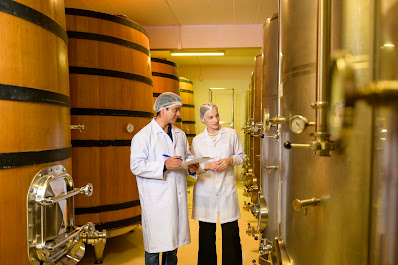Revolutionising Flour: Enzymes and the Future of Milling
The flour industry is undergoing a quiet but transformative revolution, with enzymes at the forefront of innovation. These biological catalysts, once viewed as mere additives, are now central to improving flour quality, performance, and sustainability in modern milling.
Enzymes like amylases, xylanases, and proteases are being used to modify the structural and functional properties of flour. By breaking down specific components in the grain, these enzymes enhance dough handling, improve volume, and extend the shelf life of baked goods. This enzymatic approach reduces reliance on chemical additives, aligning with the rising consumer demand for clean-label products.
One of the most promising developments is the use of customised enzyme blends tailored to specific wheat varieties and regional flour types. This level of precision enables millers and bakers to maintain consistent quality despite fluctuations in raw material quality—a frequent challenge in the industry.
Additionally, enzymes are enabling more sustainable flour production. They improve extraction rates, reduce energy consumption, and minimise waste by optimising the use of raw materials. In an industry often driven by tight margins and high volume, these improvements contribute significantly to operational efficiency.
Looking ahead, ongoing research into enzyme engineering and biotechnology is expected to yield even more sophisticated enzyme solutions. These advancements could offer greater control over flour characteristics, such as protein strength or water absorption, unlocking new possibilities for product innovation in bakery, pasta, and snack food sectors.
Enzymes are no longer simply enhancements—they are enablers of performance, sustainability, and innovation. As milling operations seek to balance quality, cost-efficiency, and consumer expectations, the future of the flour industry is increasingly being shaped by the power of enzymes.Source - https://www.biolaxienzymes.com/the-benefits-of-enzymes-in-denim-stone-washing/




Comments
Post a Comment